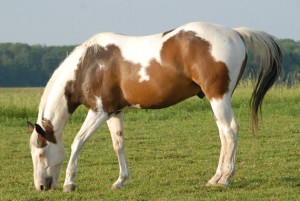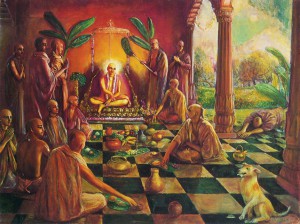The Story of the Proud Crow
Once there lived a crow that was the favorite of three boys. Every day, they fed him with the remnants of their food. When the crow ate the remnants, the boys would praise him and admire his beauty. The admiration of the children filled the crow with pride, and he believed himself to be the most handsome and cleverest bird in the land.
One day, he spotted a flock of swans, and the sight irritated him. The crow shouted, saying that the swans were ugly and that he would not tolerate any ugly birds in his territory. The leader of the swans, gliding by, heard this. He replied to the crow, saying that nobody would say a swan is ugly and that nobody can equal a swan in beauty and flying.
The crow, angry, retorted that swans were not good fliers. He boasted of knowing many tricks and showed his skills by turning several times in the air like an acrobat, making zig-zag patterns, and even flying upside down for a bit.
The Flying Challenge
The leader of the swans challenged the crow to a flying competition over the sea, confident in his abilities. The crow accepted, and the competition began at once.
The swan gradually gained height and speed, soon flying effortlessly across the ocean. The crow, however, was exhausted and could barely keep himself above the water. He was about to drown and shouted for help.
The Swan’s Compassion
The swan, taking pity on the crow, returned and took him on his back, flying towards the shore. He placed the crow gently on the sand.
The humbled crow said to the swan, “Brother swan, you are my superior. I was intoxicated by false pride and thought my position to be very high. I offended you all. I understand my position now. I am only a crow. Please forgive me.”
Moral of the Story
The story illustrates how the crow, intoxicated by pride, offended the swans and ultimately learned a valuable lesson in humility.
Reflection
The story reminds us of the following verse from Srimad Bhagavatam (11.5.9), where Sri Camasa, one of the Nava Yogendras, says to King Nimi:
shriyaa vibhuuthyaabhijanena vidyayaa tyaagena ruupena balena karmanaa jaata smayenaandha dhiyah saheshvaraan sato vamanyanti hari priyaan khalaah
“The intelligence of cruel-minded persons is blinded by false pride based on great wealth, opulence, prestigious family connections, education, renunciation, personal beauty, physical strength, and successful performance of Vedic rituals. Being intoxicated with this false pride, such cruel persons blaspheme the Supreme Personality of Godhead and His devotees.”
Understanding Our Position
If we are intoxicated by our wealth, material possessions, or the admiration and praise of others, we may forget our position as insignificant living entities who are eternally servants of Lord Shri Krishna.
Lessons to be Learned
- Humility Over Pride:
- Pride can lead to arrogance and overestimation of one’s abilities. It’s important to remain humble and recognize our true capabilities and limitations.
- Recognition of True Worth:
- Admiration and praise can inflate our ego. It is crucial to differentiate between genuine worth and superficial praise to stay grounded.
- The Value of Compassion:
- The swan’s compassionate act of saving the crow, despite being insulted, teaches the importance of kindness and forgiveness.
- Understanding Our Position:
- The story reminds us to understand and accept our true position. False pride can cloud our judgment and lead to downfall.
- Seeking Forgiveness:
- Admitting our mistakes and seeking forgiveness is a sign of true strength and wisdom. The crow’s apology reflects his realization and growth.
Conclusion
The crow’s journey from pride to humility serves as a powerful reminder of the dangers of false pride and the importance of recognizing and accepting our true position. By doing so, we can cultivate a spirit of humility and devotion.
Prayer
Let us pray for the wisdom to recognize our true position and to cultivate humility:
“O Supreme Lord Krishna, guide us to understand our true position as Your eternal servants. Help us to overcome false pride and to cultivate humility and devotion in our hearts.”


